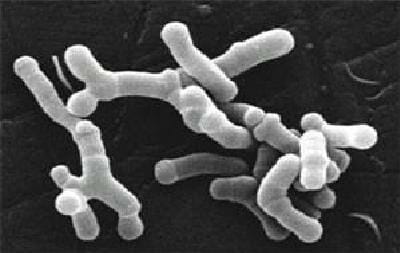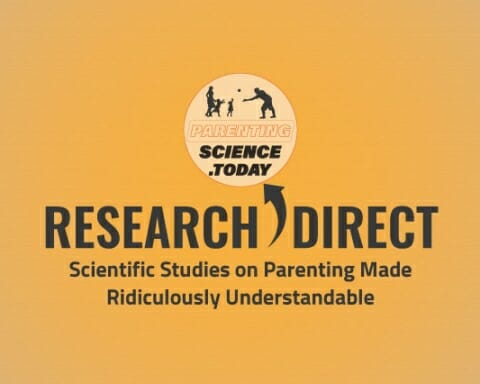
Is Bifidobacteria Good for My Infant?
Bifidobacteria is a kind of anaerobic (i.e., lives without oxygen) bacteria that normally inhabit people’s gut and help with food digestion. Bifidobacteria are one of the major genera of bacteria that make up the colon flora in humans and other mammals. One of the most important characteristics of bifidobacteria is







Follow Me